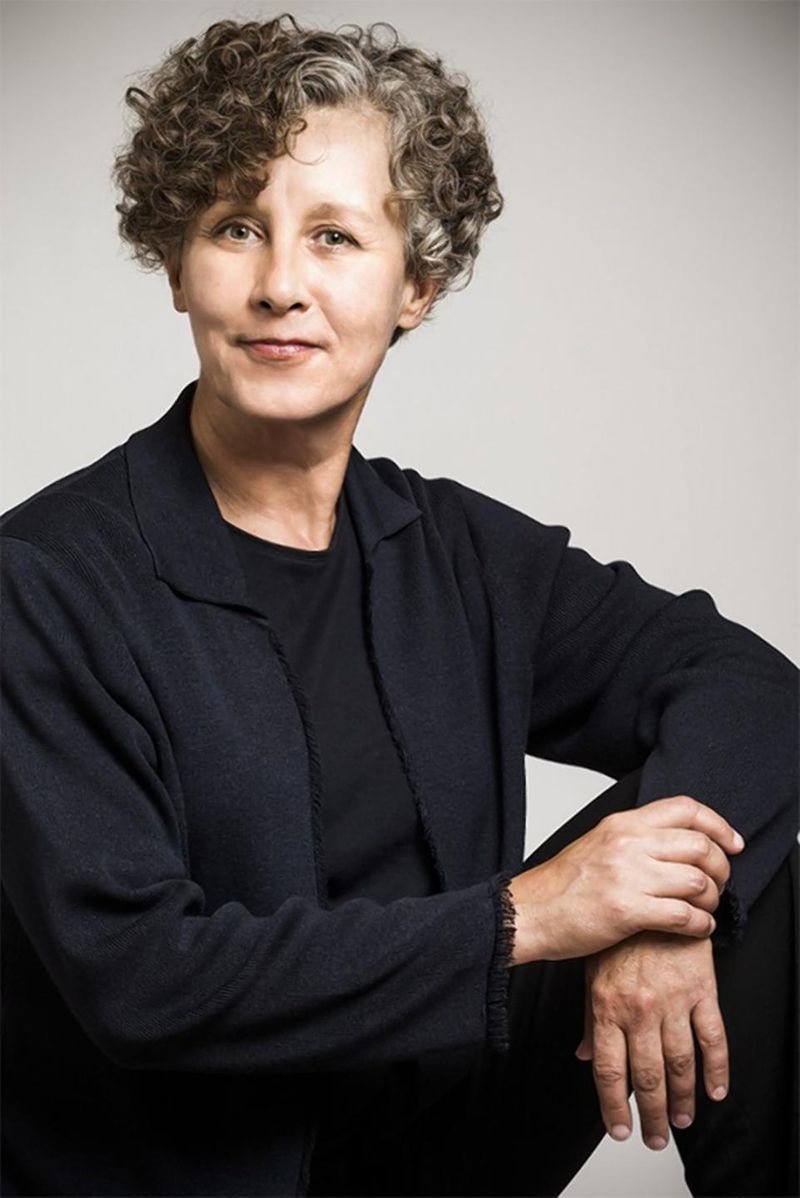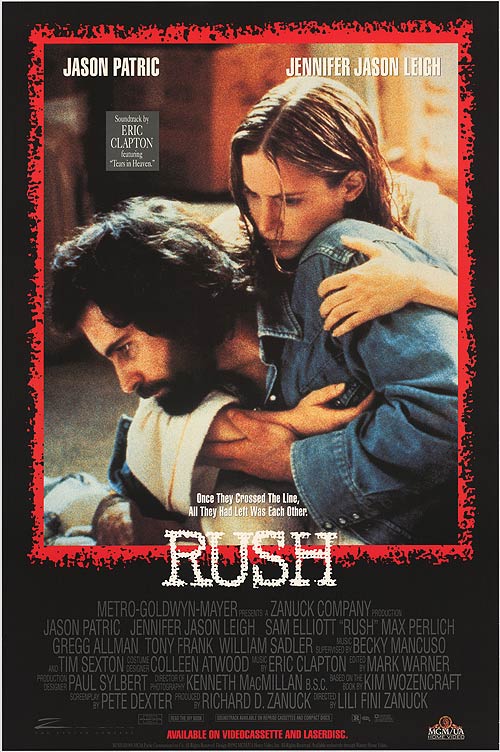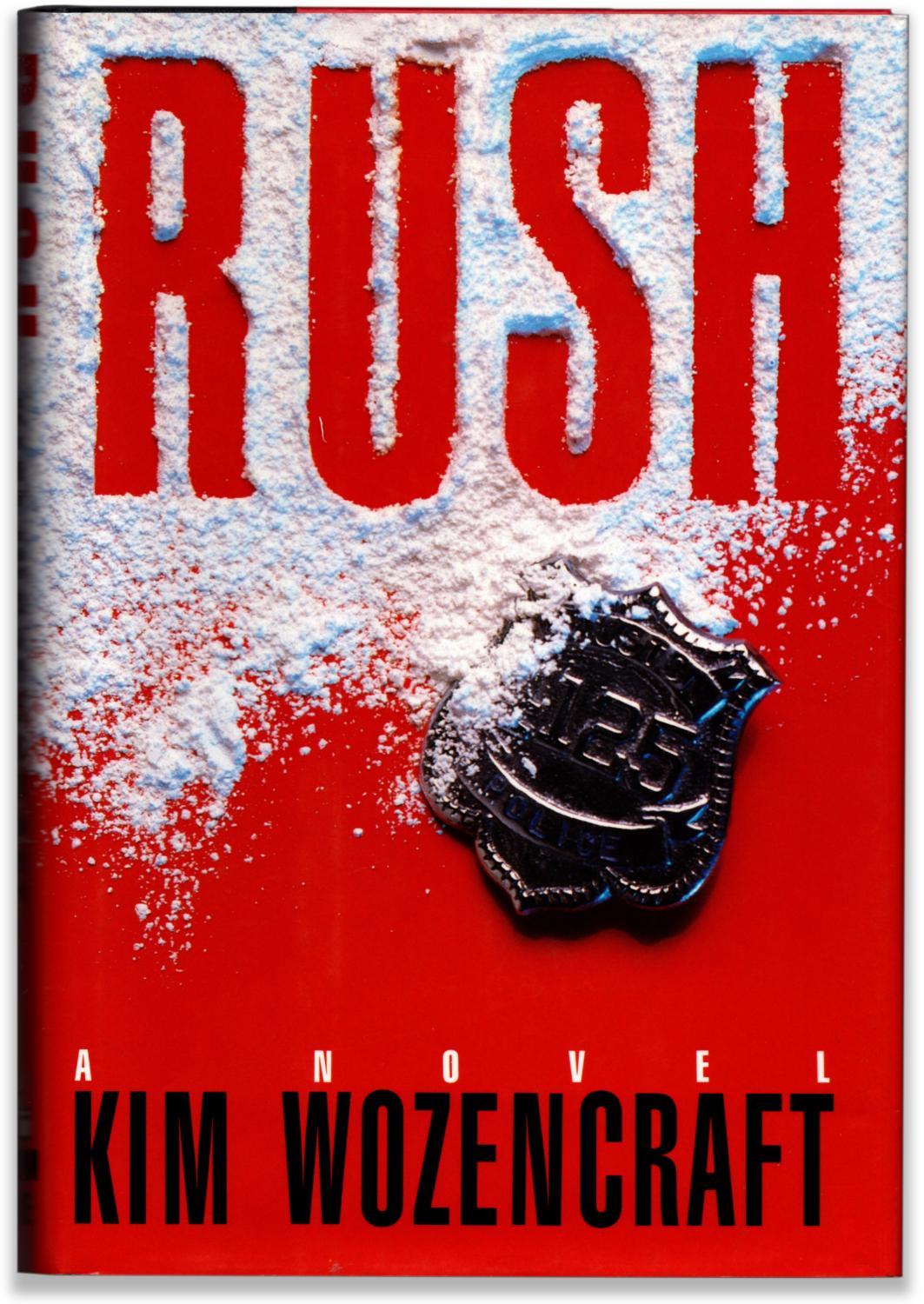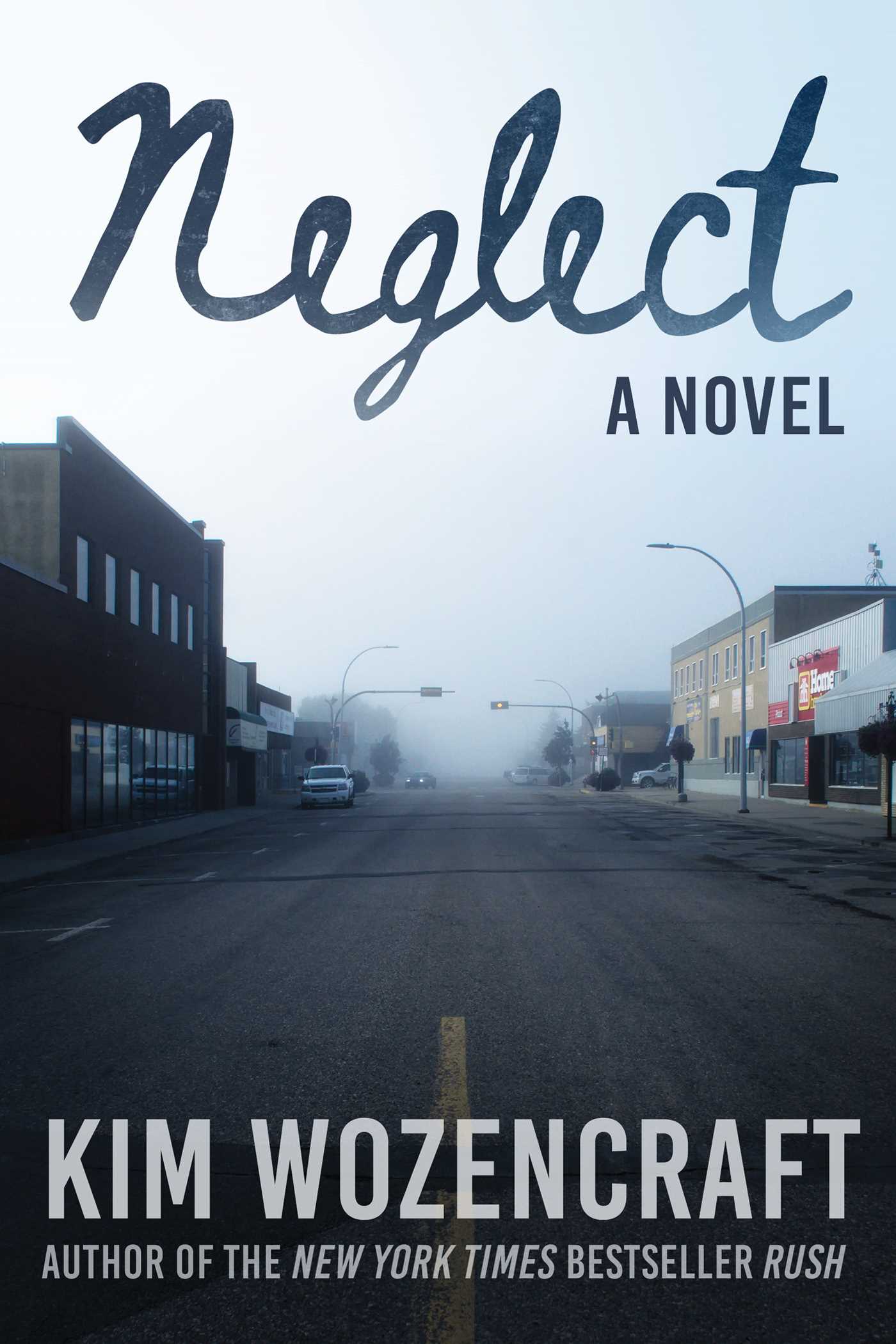
Photo courtesy of kim wozencraft
Since graduating from Lake Highlands High School in the 1970s, Kim Wozencraft has seen some horrible, fantastic and incredible things. Fortunately for us, some of her most harrowing experiences have fueled riveting works of fiction.
Her latest novel, Neglect, is about a financially struggling mom who joins the Army Reserve. That impulsive decision leads to a tour in Afghanistan, post-traumatic stress, addiction and a woman’s fight for herself and her children inside an infuriating system.
Wozencraft’s seventh book is an intense page-turner, but her first, 1990’s Rush, remains the most famous. Its film adaptation stars Jennifer Jason Leigh as an undercover narcotics officer who becomes addicted to street drugs, has a love affair with her partner and lands in prison for falsifying evidence. The story bears strong resemblance to Wozencraft’s real life. From her home in upstate New York, Wozencraft speaks about then, now and why coming back to Texas still makes her nervous.
What was it like seeing your life played out in the movie, Rush?
It was bizarre, but I never saw that as me. I saw that as my character, her own person. It did feel fantastic, gratifying, to see the book made into the movie. It was a long time coming and a lot of work.
You married and divorced your real-life partner — had you kept in touch?
No. I think he died a few years ago. But we had not spoken in a very long time.
Was there a point where you knew you were in too deep with drugs?
Yes, and at that point, as I testified in federal court, I went to the chief of police in Tyler, Texas, and told him. And he said to get back out there and make more cases.
When writing Rush, how much was traumatic versus theraputic?
At the time, I felt like it was therapeutic. But I struggled with addiction for many years before, during and after the book. I didn’t realize until maybe 12 years ago the degree to which I had PTSD and how it was impacting my life. Also, at a time when I should have been developing my own personality, I was assuming personalities. I suffered from stunted growth in that area for a long time.
Even though some of the experiences I had were horrible, I feel like they’ve helped me understand the world in a way that I never would have. That’s true for everyone — we all have our understanding of how we walk on the planet based on what we’ve been through.
How did you work through the trauma, violence, gunfights, threats on your life?
Once I was released from Kentucky prison, I had to do a halfway house in Dallas, and as soon as I finished there, I left Texas as quickly as I could. I was scared somebody would try to kill me, and it took me a long time — I still am not completely comfortable coming back. I just have to tell myself, that’s just your ego talking. Nobody wants to kill you.
I still grapple with it. For a long time I felt like I should be strong enough to get over the terror I went through — like waking up with a double-barrel shotgun pointing at me. I wondered why I was having flashbacks and panic attacks. Finally, I started therapy. You do the work and hopefully see some improvement, and then at a certain point, it’s time to try to just live a normal life. Humor helps. I like to make the joke that for me the word ‘trigger’ is a trigger. And I’m happy to be sober. Even when it’s painful.
How did you end up in law enforcement?
After high school, I was working at Town East Mall, at an ice cream parlor called Farrell’s. There were two criminal justice majors who came in on weekends and talked about it.
When I graduated in ’73, women did not have the options they have today. I could not see myself as a nurse, teacher or homemaker. I think those are all essential, wonderful things. But it’s nice to have more options. Even at Farrell’s, they only let girls work as cashiers or waitresses, not the fountain, which was the glamor job. But I worked my way up by showing I would wash dishes and bus tables. Finally they let me scoop ice cream.
Breaking the glass ceiling at Farrell’s wasn’t enough?
(Laughs) I felt there was more out there. I grew up in a Catholic household and had a pretty set idea of what was right and wrong, good and evil. Becoming a police officer felt like a good thing.
What do you love about writing fiction?
The real world can be a difficult place to live in. So it’s nice to escape from it into a fictional world. While the fictional worlds that I escape into are sometimes every bit as difficult as the real world, it is an exploration, a way to try to make sense of the world.
What is your best work, do you think?
Neglect. I feel like it was a leap forward for me as a writer. My agent is also an editor, and she made such a difference in this book. I think the prose is the best I’ve written. It was a very difficult book to write, because it is about tough subjects. But I hope it finds people who have been through difficult situations in life and are looking to see that experience portrayed in books.
Where does your life experience factor into Neglect?
There is my own experience of PTSD. Also, I teach college, and I had students who were coming back from Afghanistan, and I saw how they were struggling. Also, between my experience in Tyler and prison, I enlisted in the Air Force. But the FBI showed up and life changed track. I watched a lot of YouTube videos of battle scenes, and I had firsthand experience of being in shootouts.
Questions/answers have been edited for brevity.
Wozencraft’s latest title, Neglect, is published by Simon and Schuster and is available at the publisher’s website, Amazon and other retailers.








